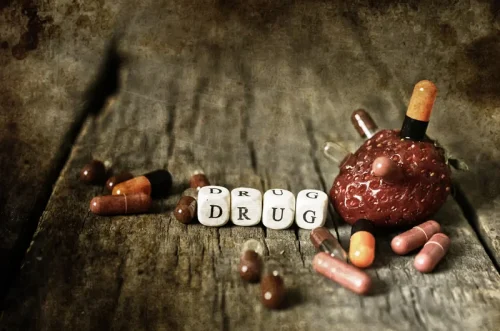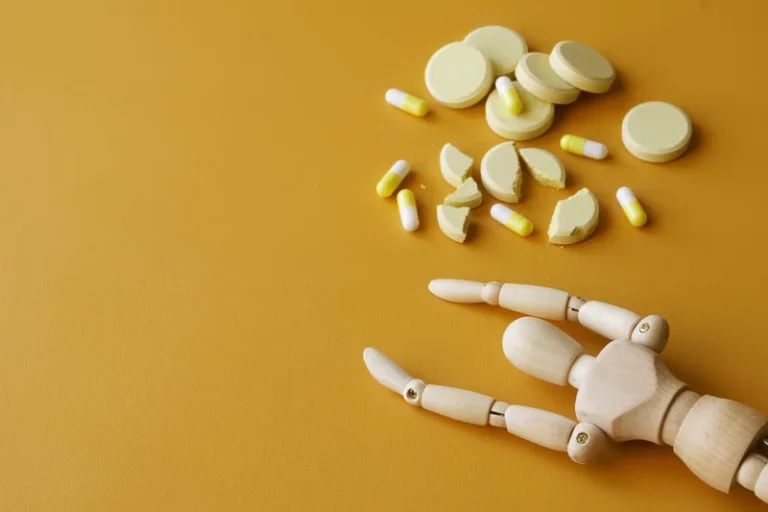Fetal alcohol spectrum disorder
Bookkeeping for Construction Companies: An Essential Guide
12.04.2021Average Collection Period & Days to Collect Calculator
29.12.2021
Fetal alcohol syndrome (FAS) is a condition that develops in a fetus (developing baby) when a pregnant person drinks alcohol during pregnancy. A syndrome is a group of symptoms that happen together as the result of a particular disease or abnormal condition. When someone has fetal alcohol syndrome, they’re at the most severe end of what are known as fetal alcohol spectrum disorders (FASDs). The term fetal alcohol spectrum disorders, or FASDs, describes a broad group of conditions that result from prenatal alcohol exposure. People with Twelve-step program FASDs have a combination of physical, developmental, behavioral and learning challenges that range from mild to severe. Each person with an FASD has their own unique combination of signs and symptoms.
Differential diagnosis

FASDs need a medical home to provide, coordinate, and facilitate all the necessary medical, behavioral, social, and educational services. Your doctor is not giving you advice based on the best and most recent research available. Children with prenatal alcohol exposure come from every social, economic, racial, and ethnic group. In the United States, nearly 1 in 7 pregnant people report alcohol use in the past 30 days.
- The best way to prevent unplanned pregnancies beyond abstinence is by consistently using effective birth control.
- It’s also recommended that you not drink alcohol if you’re sexually active and not using effective birth control.
- There is no cure for FASDs, but identifying children with FASDs as early as possible can help them reach their potential.
- Diagnosis is based on an assessment of growth, facial features, central nervous system, and alcohol exposure by a multi-disciplinary team of professionals.
Partial fetal Alcohol Syndrome (pFAS)

This usually involves physical examinations and blood tests to rule out genetic conditions that have similar characteristics to FASD. For example, they may have difficulties with learning, have challenging behaviours, mental health problems, and find it difficult to get a job and live independently as an adult. Speak to a GP or health visitor if you have any concerns about your child’s development or think they could have FASD. A physical exam of the baby may show a heart murmur or other heart problems. A common defect is a hole in the wall that separates the right and left lower chambers (ventricles) of the heart. Most drunken baby syndrome people with an FASD have most often been misdiagnosed with ADHD due to the large overlap between their behavioral deficits.
What is considered «a drink»?
It’s also recommended that you not drink alcohol if you’re sexually active and not using effective birth control. It can take four to six weeks before you know you’re pregnant. During early pregnancy, the fetus is already developing rapidly.
Fetal alcohol syndrome

Drinking beer does not increase your milk supply, as urban myth suggests. In fact, consuming alcohol of any kind may decrease the amount of milk your baby drinks. Alcohol can change the taste of your milk, and this may be objectionable to some babies. Using alcohol during pregnancy is the leading cause of preventable birth defects, developmental disabilities and learning disabilities.
- FASD is completely avoidable if you do not drink alcohol while you’re pregnant.
- In fact, consuming alcohol of any kind may decrease the amount of milk your baby drinks.
- Alcohol can change the taste of your milk, and this may be objectionable to some babies.
- If you are going to have an alcohol containing beverage, it is best to do so just after you nurse or pump milk rather than before.
- FASDs need a medical home to provide, coordinate, and facilitate all the necessary medical, behavioral, social and educational services.
- Alcohol exposure in utero increases the risk of spontaneous abortion, decreases birth weight, and can cause fetal alcohol syndrome, a constellation of variable physical and cognitive abnormalities.
FASD is completely avoidable if you do not drink alcohol while you’re pregnant. The type of FASD symptoms a baby has and how severe they are is different depending on how often, and how much, the mother drank during pregnancy. The greater the amount of alcohol consumed, the more severe the symptoms tend to be. Supportive care should include an appropriate stimulating and nurturing environment.

